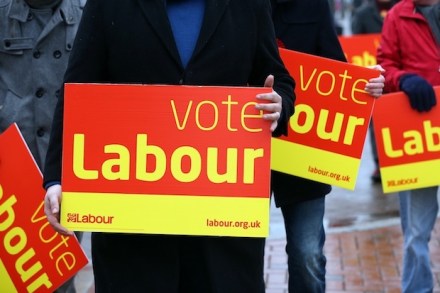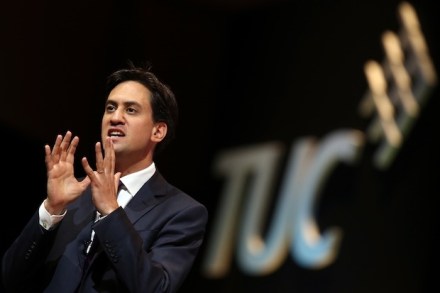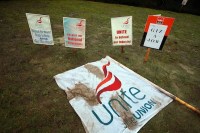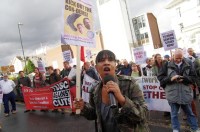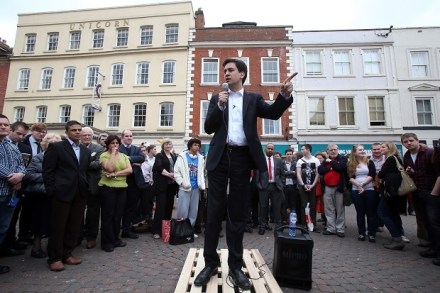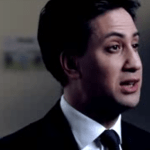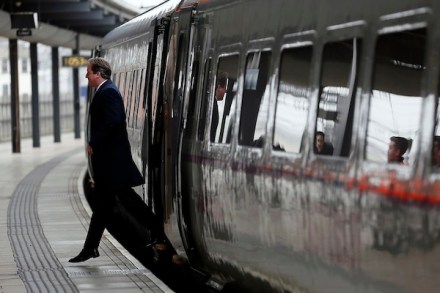Who donates what to the Labour party?
Who donates to Labour? It’s a question asked countless times since Ed Miliband began to reconsider his party’s links with the trade unions but there has been much confusion over the numbers, in particular the importance to Labour of union funding. Here’s a quick guide to who donates how much to the Labour party. 1. How much do Labour receive in donations? In 2012, Labour received £19 million in donations, which is roughly the same as the year before and in 2008, a similar point in the electoral cycle. It’s still down from £25 million at the last general election: For comparison, the Conservative party received £14 million in 2012
